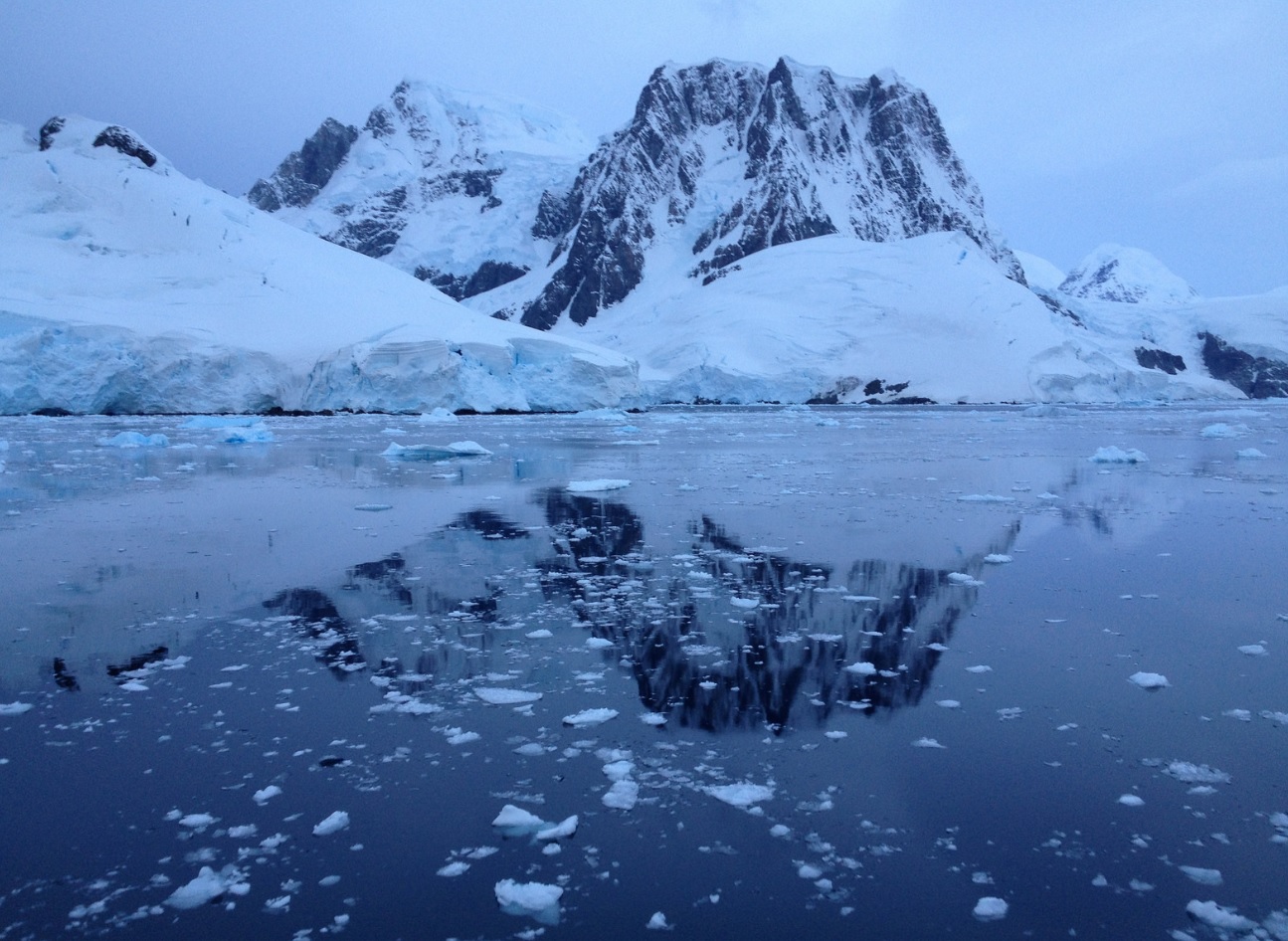Antarctic Ice Sheet under threat, needs urgent action to cut emissions
Writing this week in the journal Nature Geoscience, a team led by Richard Levy of GNS Science and Victoria University of Wellington, and Stephen Meyers of the University of Wisconsin-Madison has underscored just how sensitive the Ice Sheet is to climate change.

- Country:
- New Zealand
- United States
The Antarctic Ice Sheet is under threat – and urgent action is needed to cut emissions, according to new research led by New Zealand and US scientists. Writing this week in the journal Nature Geoscience, a team led by Richard Levy of GNS Science and Victoria University of Wellington, and Stephen Meyers of the University of Wisconsin-Madison has underscored just how sensitive the Ice Sheet is to climate change.
"We've long known that the way the Earth moves in space influences climate – both the shape of our passage around the sun and variations in the Earth's rotational axis affect the distribution and intensity of incoming energy from the sun," Dr Levy says. The research confirms a connection between those astronomical changes and changes in the size and extent of the Antarctic Ice Sheet.
"It highlights that parts of the Ice Sheet that sit in the ocean are particularly sensitive to changes in the tilt of our planets axis. "It also raises serious questions about how these changes will affect Earth in the future as carbon emissions rise."
Large ice sheets first grew on Antarctica 34 million years ago as CO2 levels dropped and climate cooled. The Antarctica we know today formed less than 3 million years ago when CO2 fell below 400ppm and year-round sea ice became a persistent feature.
"CO2 levels have recently increased beyond that critical 400 ppm level – and if we fail to reach emissions targets, the Earth's average temperature will warm more than 2 degrees, sea ice will diminish, and we will jump back to a world that hasn't existed for millions of years," Dr Levy says. "Antarctica's vulnerable marine-based ice sheets will feel the effect of our current relatively high tilt and ocean warming at Antarctica's margins will be amplified.
"We know that sea levels were 20 to 30 metres higher during past intervals of peak warmth, and while it takes significant time to melt large volumes of ice, these snapshots from the past give us an idea of the possible magnitude of future sea level rise if we do nothing to mitigate climate warming. The impact of unchecked ice sheet melt on our future societies would be extremely challenging. We want to do all we can to minimise future commitments".
"This study adds to our knowledge of the history and behaviour of Antarctica's ice sheets and is yet more proof that urgent action is needed on emissions – and it needs to happen on a national and global level," says study co-author Professor Tim Naish of the Antarctic Research Centre at Victoria University.
"Persistent sea ice appears to have helped maintain a degree of stability in the Antarctic Ice Sheet. We cannot afford to lose it."
- READ MORE ON:
- Antarctic
- GNS Science
- climate change
- Geoscience
- climate warming
- emissions
- Ice Sheet
ALSO READ
Peru's dengue deaths triple as climate change swells mosquito population
Health News Roundup: Peru's dengue deaths triple as climate change swells mosquito population; 'Time running out' in war-torn Sudan as access to aid restricted, WHO warns and more
UK climate change minister Graham Stuart resigns
UK climate change minister Graham Stuart resigns
Over 2300 bn tonnes of carbon estimated in top soil, could help in climate change mitigation: Study










